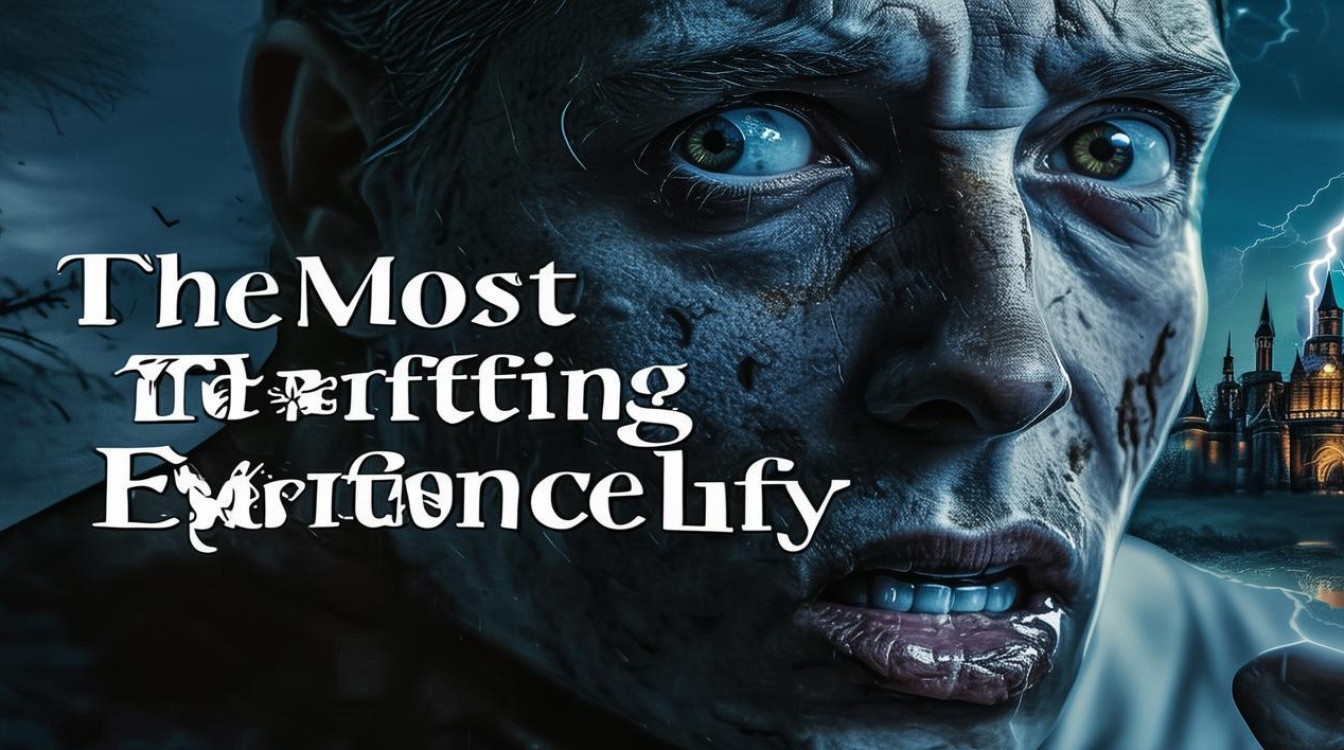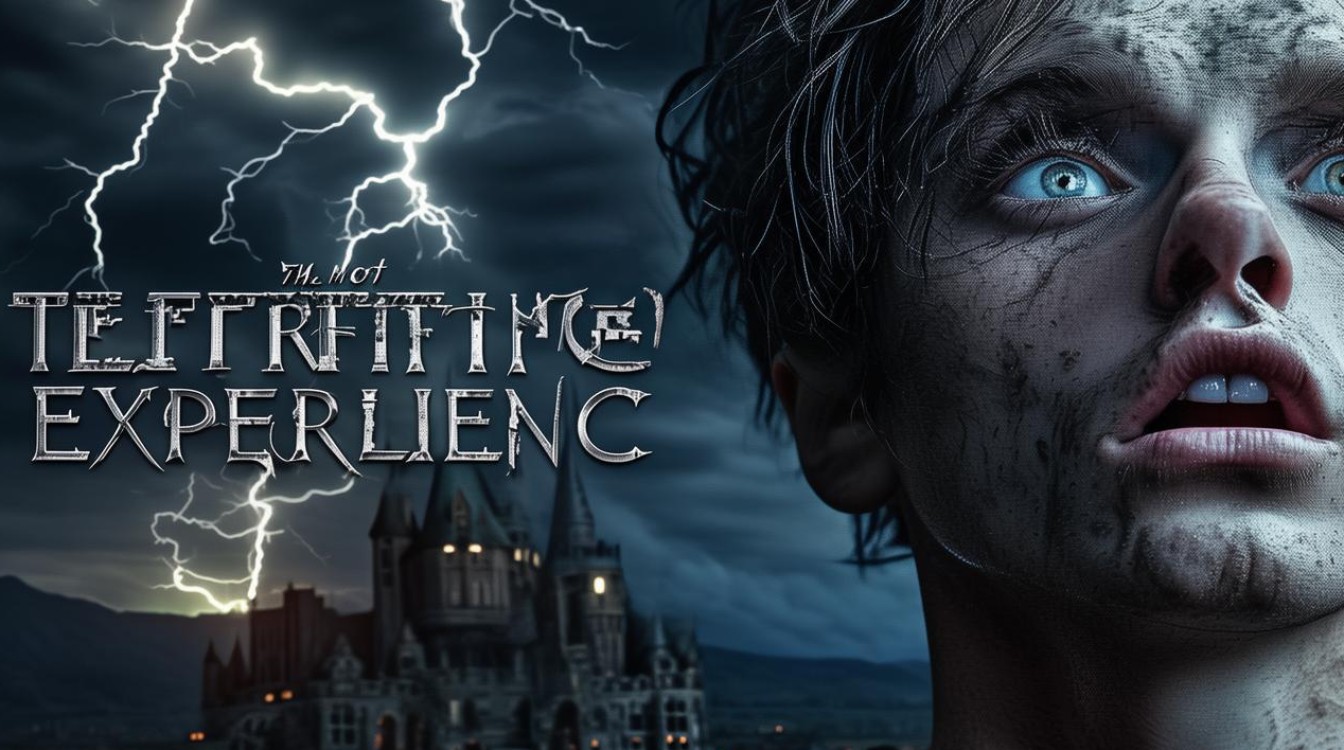Fear is an emotion everyone encounters at some point. It grips the heart, clouds judgment, and leaves a lasting impression. One of my most frightening experiences happened during a solo hiking trip in the mountains—a memory that still sends chills down my spine.

The Journey Begins
It was a crisp autumn morning when I set out on the trail. The sky was clear, and the air smelled of pine and damp earth. I had planned this hike for weeks, researching the route and packing essentials: a map, flashlight, first-aid kit, and enough food for two days. Confident in my preparation, I didn’t anticipate anything going wrong.
The first few hours were exhilarating. The trail wound through dense forests, across bubbling streams, and up steep ridges. By midday, I reached a viewpoint overlooking a valley, where I stopped to eat lunch. The solitude was peaceful, and I felt invincible—until the weather changed.
The Storm Rolls In
Dark clouds gathered faster than I expected. Within minutes, the wind howled, and rain lashed against the rocks. I scrambled to put on my waterproof jacket, but the downpour was relentless. The trail, once clear, turned slippery and indistinct. My map became soggy, the ink bleeding into illegible smudges.
Then came the thunder—a deafening crack that echoed through the mountains. Lightning split the sky, illuminating the terrain in flashes. I knew I needed shelter, but the trees offered little protection. My heart pounded as I stumbled forward, searching for anything to shield me from the storm.

Lost in the Wilderness
Panic set in when I realized I had strayed from the path. The markers I had relied on were gone, swallowed by the fog. My phone had no signal, and the flashlight flickered weakly. Every shadow seemed to move; every rustle in the bushes made me freeze. The rational part of my mind urged me to stay calm, but fear whispered worse scenarios.
What if I couldn’t find my way back? What if wild animals were nearby? The isolation was suffocating. I forced myself to breathe deeply and assess the situation. Remembering survival tips, I decided to stay put once night fell, conserving energy until daylight.
The Longest Night
Darkness in the wilderness is absolute. Without city lights, the blackness presses in, amplifying every sound. I huddled under a rocky overhang, wrapped in my emergency blanket, listening to the chorus of crickets and distant animal calls. Sleep was impossible. My imagination conjured dangers lurking just beyond sight.
At one point, a twig snapped nearby. My breath hitched. Was it a deer? A bear? The uncertainty was torture. I clutched my pocketknife, praying I wouldn’t need it. Hours dragged like years until, finally, the sky lightened to gray.

A Glimmer of Hope
Dawn revealed a clearer landscape. The storm had passed, leaving the air fresh and heavy with moisture. Using the sun’s position, I oriented myself and spotted a familiar ridge in the distance. Relief flooded through me as I recognized the way back.
Three exhausting hours later, I stumbled onto the main trail, where a park ranger was organizing a search party. Seeing another human after that ordeal nearly brought me to tears.
Lessons Learned
This experience taught me the importance of respecting nature’s unpredictability. No amount of preparation can eliminate risk, but humility and quick thinking can make the difference between disaster and survival. Fear, while paralyzing, can also sharpen instincts—if you let it.
Now, whenever I venture into the wild, I carry a GPS device and share my itinerary with someone reliable. The mountains are majestic, but they demand caution. That night alone in the storm remains etched in my memory, a reminder of both vulnerability and resilience.

Some fears fade with time, but this one lingers—not as a paralyzing force, but as a lesson etched into my bones. Nature is not cruel, but it is indifferent. And in that indifference lies its greatest test.

